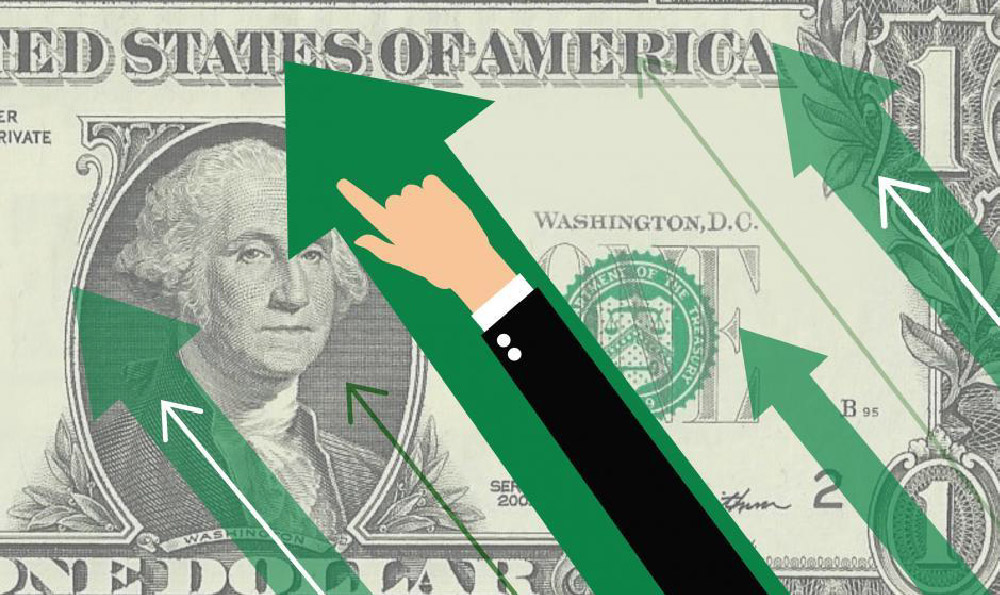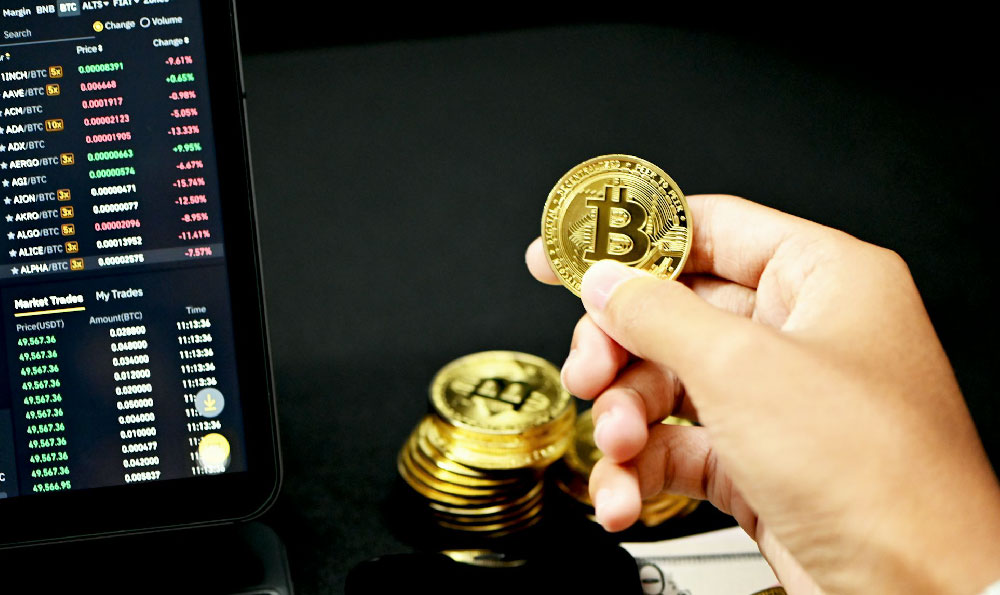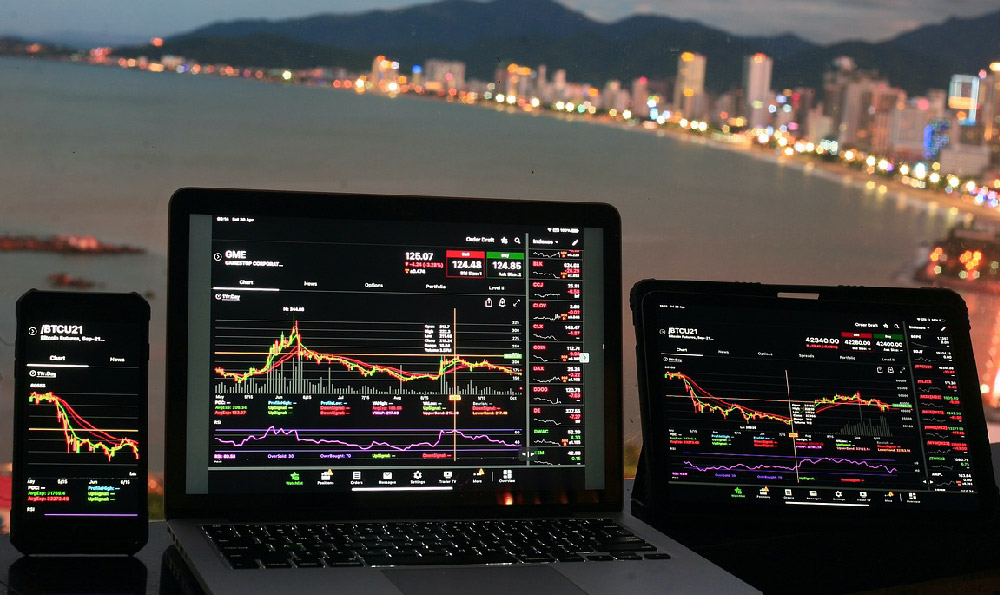El Salvador's adoption of Bitcoin as legal tender in 2021 sent shockwaves through the global financial community. This unprecedented move sparked intense debate, with proponents touting the potential for economic innovation and financial inclusion, while critics warned of the inherent risks associated with cryptocurrency volatility and regulatory uncertainty. Evaluating the investment landscape in El Salvador today requires a nuanced understanding of these opposing forces, weighing the potential opportunities against the very real risks.
One of the primary arguments for Bitcoin adoption in El Salvador centered on its potential to reduce reliance on traditional financial institutions and lower remittance costs. Many Salvadorans rely on remittances from family members working abroad, and these transfers often incur significant fees when processed through traditional channels. Bitcoin, theoretically, offered a faster, cheaper alternative. However, the practical realization of this benefit has been complex. Volatility in Bitcoin's value makes it an unreliable store of value for daily transactions and long-term savings. Imagine a family receiving remittances in Bitcoin, only to see its value plummet before they can convert it to fiat currency to pay bills. This inherent instability undermines the intended purpose of facilitating financial inclusion.
Furthermore, the infrastructure required to support widespread Bitcoin adoption remains a challenge. While the government launched the Chivo wallet and mandated its acceptance by businesses, access to reliable internet and smartphones is not universal, particularly in rural areas. This digital divide effectively excludes a significant portion of the population from participating in the Bitcoin economy. Moreover, skepticism and distrust surrounding the Chivo wallet, coupled with reports of technical glitches and security vulnerabilities, have hindered its widespread adoption.

Beyond the specifics of Bitcoin, investing in El Salvador presents broader economic and political considerations. The country's history of political instability, corruption, and high levels of crime create a challenging investment climate. These factors deter foreign direct investment (FDI) and contribute to a higher risk premium for investors. While President Bukele's administration has made efforts to address crime and improve security, concerns remain about the long-term sustainability of these policies and their potential impact on democratic institutions. International organizations like the IMF have expressed concerns about El Salvador's fiscal sustainability and the risks associated with Bitcoin adoption, potentially impacting the country's ability to access international financing.
Despite these challenges, El Salvador also possesses certain strengths that could attract investment. The country boasts a strategic geographic location, a relatively young population, and a developing tourism sector. The government has implemented policies aimed at attracting foreign investment, including tax incentives and streamlined regulations. However, the success of these initiatives depends on addressing the underlying issues of corruption, security, and political instability.
For investors considering El Salvador, a thorough risk assessment is crucial. This includes evaluating the macroeconomic environment, political stability, legal and regulatory framework, and security situation. Diversification is key to mitigating risk. Instead of focusing solely on Bitcoin-related investments, investors should consider a broader range of opportunities in sectors such as tourism, renewable energy, and agriculture. Partnering with local businesses and experts can provide valuable insights and help navigate the complexities of the Salvadoran market.
It's also crucial to understand the specific risks associated with Bitcoin. Its volatility makes it an unsuitable investment for those with a low-risk tolerance or short investment horizon. Investing in Bitcoin requires a deep understanding of cryptocurrency markets and a willingness to accept the potential for significant losses. Investors should also be aware of the regulatory uncertainties surrounding Bitcoin and other cryptocurrencies, as governments around the world are still grappling with how to regulate this emerging asset class. The future regulation of Bitcoin in El Salvador and internationally could significantly impact its value and usability.
El Salvador's experiment with Bitcoin is ongoing, and its ultimate success or failure remains uncertain. For now, investing in El Salvador presents a high-risk, high-reward proposition. While the potential for significant returns exists, investors must be prepared to accept the possibility of substantial losses. Prudent investment decisions require a thorough understanding of the risks and a diversified approach that mitigates the impact of potential setbacks. Any individual or institution considering investment in El Salvador should engage in extensive due diligence, consult with financial professionals, and carefully consider their own risk tolerance before committing capital. The allure of novelty and potential high returns should not overshadow the very real risks associated with investing in a nation grappling with economic challenges and pioneering a controversial financial strategy.












